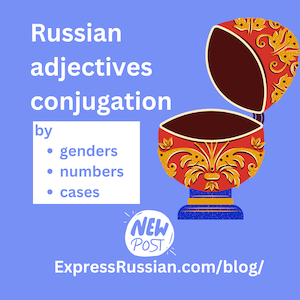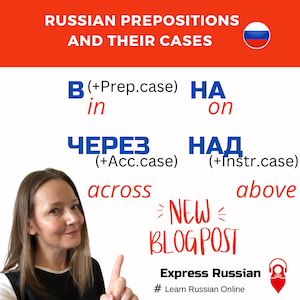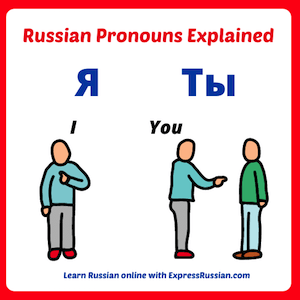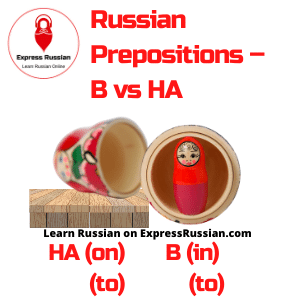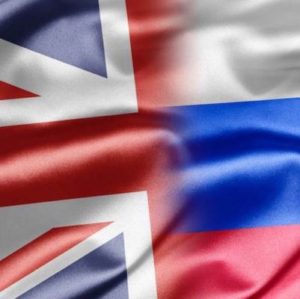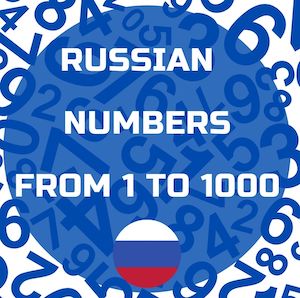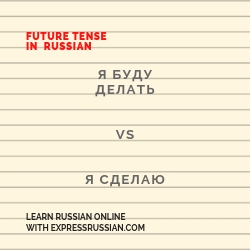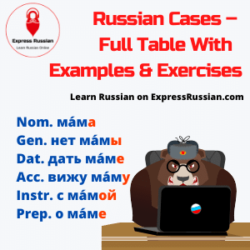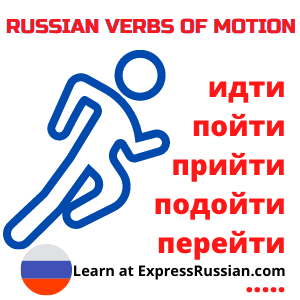Adjectives are an integral part of sentences, they describe the noun (quality, color, type etc) and answer the question What kind? Genders of Russian adjectives Russian adjectives, like Russian nouns, can be of three genders – masculine, feminine or neuter, depending on the gender of the noun. They can have singular and plural form. The […]
